Immunity in History of the Massacre Day on 25th March
On March 1, 1971, the session of the Jatiya Sangsad was postponed to Yahya Khan's announcement on 3 March
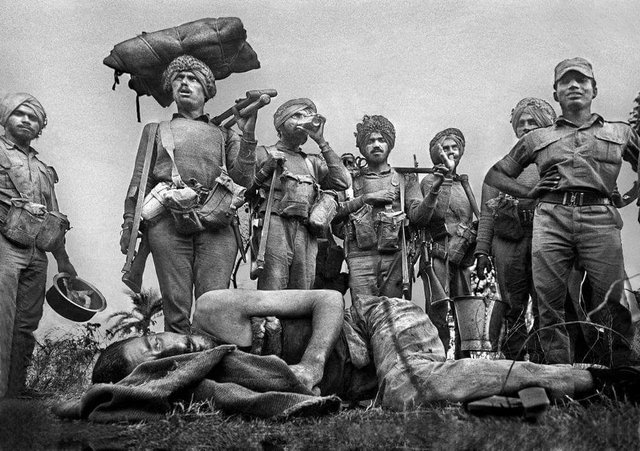
Source
Your people were bursting with rebellion. Hoisting flag at the University of Dhaka on March 2. On March 3, the announcement was made on the platoon grounds of independence, national anthem 'My Sonar Bangla, I love you'. Multipurpose 7 March Speech of Father of the Nation Bangabandhu Sheikh Mujibur Rahman, 'This struggle is our struggle for freedom, this struggle is the struggle for independence'. Non-cooperation Movement, Preparation of war, including Dhaka University in whole of Bangladesh.
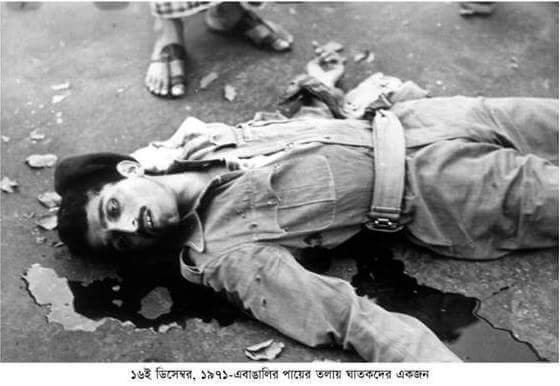
Source
March 25th. Preparation of resistance from evening. It was evident in the memory of the distressed: Fire broke out in the Palashi slum, the EPR and the Rajarbagh police lines in the rebellion, several institutions and establishments burning in Dawood. Bomber at the last night. Flooding around the fire Under the direction of the military ruler Yahya, the operation of 'Operation Search Light' led by General Tikka Khan led to the worst genocide in history. The definition of 'Genoside', given in the United Nations Announcement, was a thorough implementation of that day on Bangali.
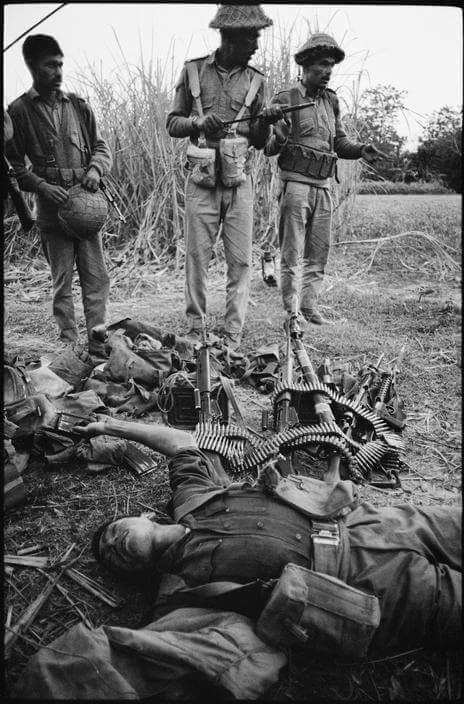
Source
Rajarbagh police lines, the EPR camp of Peelkhana, Jagannath Hall of Dhaka University, Rokeya Hall, Zahurul Haque Hall and the whole Dhaka city carried out extensive massacre. Foreign journalists were expelled from Dhaka on March 26; So that no one can present any news of genocide.
According to the book Written by Archer Blood, The Cruel Birth of Bangladesh, it was reported that the fire was set on fire at Rokeya of Dhaka University and students were shot dead while machine guns ran out of the hall. From the record of the army control rooms and 88 units in the morning of March 26, it is known that countless students were killed in the campus of Dhaka University. University teacher said. Nurulla's video footage shows that students are being crippled in the field of Jagannath Hall, and the bodies of the students are being covered in the hole. Many homes and magazines offices, press chairs were set on fire, cannon and mortar attacks were destroyed. Firing is done in Shankarpatti and many houses of Tantibazar. In Aligalite of Dhaka, many homes were also set on fire. In the first three days of the killings, millions of women, women and children in Dhaka, Chittagong, Jessore, Mymensingh, Kushtia and other cities lost their lives. About ten million scared people in Dhaka took refuge in the village.
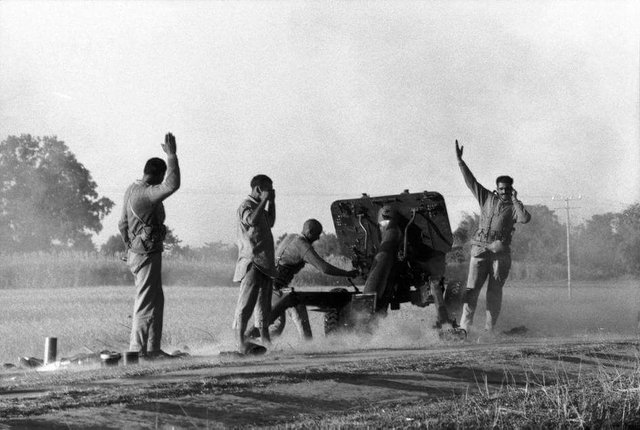
Source
The massacre of 25 March was the start of the worst genocide. In the next 9 months, through the killing of three million innocent women and children, the Pakistani occupation forces and their allies had crossed the Jewish Holocaust (Holocaust) or Rwandan massacre in that barbarous history, cruelty and numbers.
American Senator Edward Kennedy visited refugee camps in India in 1971 and directly accused genocide against the Pakistani army. In the Guinness Book of World Records, the massacre of Bangladesh is mentioned as one of the five horrific genocide of 20th century. In 2002, the University of Washington, United States 'Security Archive Archive' published their uncovered documents. In this, the narcotic carnage of Bangladesh is identified as selective genocide.
Dan Cogin, a journalist of the Liberation War, wrote a quote from a Pakistani captain in an article in Times Magazine: 'We can kill anyone and anything else. We do not have any accountability to anyone. "According to the international community, in 1971, three million people were killed or 3 million people. This number is supported by the National Geographic Magazine, Encyclopedia Americana and the Commons Encyclopedia. Pakistani General Rao Farman Ali wrote in his own diary, he purple the green ground of Bengal. Journalist Anthony Mascarenhas published the report on June 13, 1971 in the Sunday Times of London. The people of the world became protesters. It was difficult to find so many people killed in 9 months in history. Only about 10,000 people were killed on May 20 at Chuknagar in Khulna.
Even after so many years now, we have taken initiative to decide to celebrate a day to stand against this massacre. Razakar-Al-Badr-Alasham, along with the Pakistani occupation army and its collaborator Jamaat-e-Islami and its student organization, flooded the soil of Bengal in different ways. In 1972, the Father of the Nation Bangabandhu Sheikh Mujibur Rahman prepared to prepare nearly 11,500 war criminals in court for the crime.On August 15, they were released on the orders of Ziaur Rahman. After becoming the Prime Minister of the Razakars, Khaleda Zia took the power of the war criminals and gave rise to a humiliating and disgusting history by questioning the number of three million martyrs killed in the massacre. To free the nation from this responsibility of history, the need to purify history began as the second phase of the liberation war.
On the path of that struggle, today's Prime Minister, Janatrieti Sheikh Hasina has tried the execution of the August 15th Narakial killings, judging the war criminals, putting history for the new generation against the distortion of history. The four principles of the constitution have been replaced. Three million martyrs and 3 lakh mothers and sisters who have committed the dignity of the trial. So today's nation has come together with the statement of all the events of this massacre and future generation. Today it is necessary for him to justify
On March 25, it is necessary to bring the story of the horrific atrocities of the world and the massacre of 9 months. It is necessary to celebrate a day by remembering this massacre. At the same time nationally determining the day to recognize the genocide of the international community. At the same time it is necessary that the formation of national and international opinion for the trial of 195 Pakistani soldiers of 1971. It has become necessary to take action against the losses suffered due to genocide, property destruction, robbery, and other crimes committed in Bangladesh. It is a duty today to earn the share of all the money received to Pakistan.
Forfeiture of immovable property for those who have been prosecuted for crimes against humanity, whose trial has been completed. Necessary to complete these tasks, keeping an emergency day. In the 13th session of the 10th Jatiya Sangsad in the chairmanship of Speaker of the Parliament, Shirin Sharmin, on 11 March, according to the demands of the workers 'freedom fighters' coordination council, the International War Criminal Movement Movement, Ghatak Dalal Nirmul Committee, various political-socio-cultural groups, students and youths. The massacre committed by the barbarous Pakistani army in the Kalatari on March I propose to commemorate the mass killing day on March 25 and take necessary actions to internationalize this day, "I propose the proposal under section 147 of the rules of parliament's rules of procedure. Honorable Prime Minister has shown special interest in special masses and images of the mass murders considering the matter. 56 MPs and ministers, including Opposition leaders, took part in the discussion for 7 hours in support of the proposal. It is unanimously passed on March 25 as 'Genocide Day'.
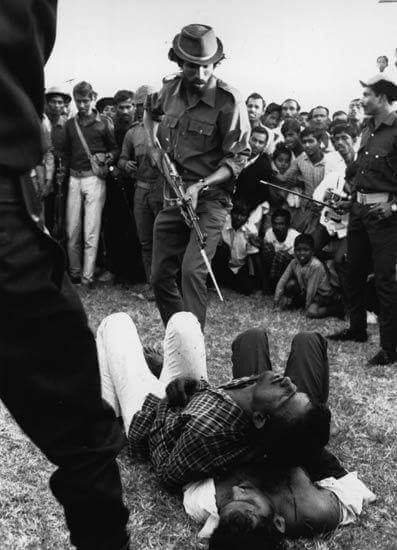
Source
Not only for Bangladesh, but for the sake of world humanity, at least one day must be determined to protest against tyranny like genocide at least one day. It is necessary to build a cultural-social movement against the day-to-day massacre so that there is no repeat of such genocide anywhere in the world. Therefore, the decision to celebrate 'Genocide Day' on March 25 will be a milestone in history.